Indigenous Governance Database
Governance
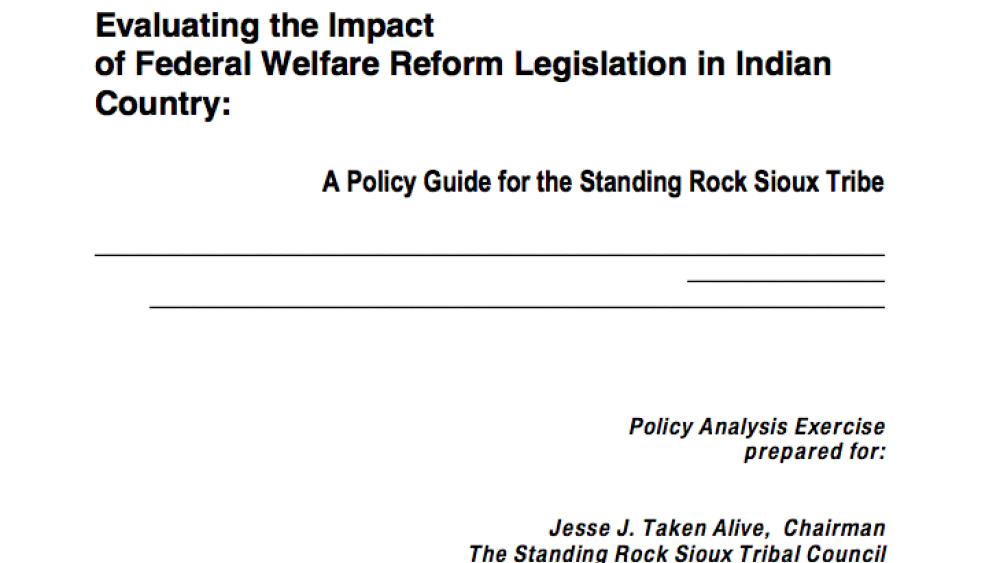
Evaluating the Impact of Federal Welfare Reform Legislation in Indian Country: A Policy for the Standing Rock Sioux Tribe
This report should serve as a policy guide to help clarify the complexities of the Personal Responsibility Act for tribal government officials, particularly those in Standing Rock. The guide seeks to: 1) describe and evaluate the Personal Responsibility Act and the provisions that impact Indian…
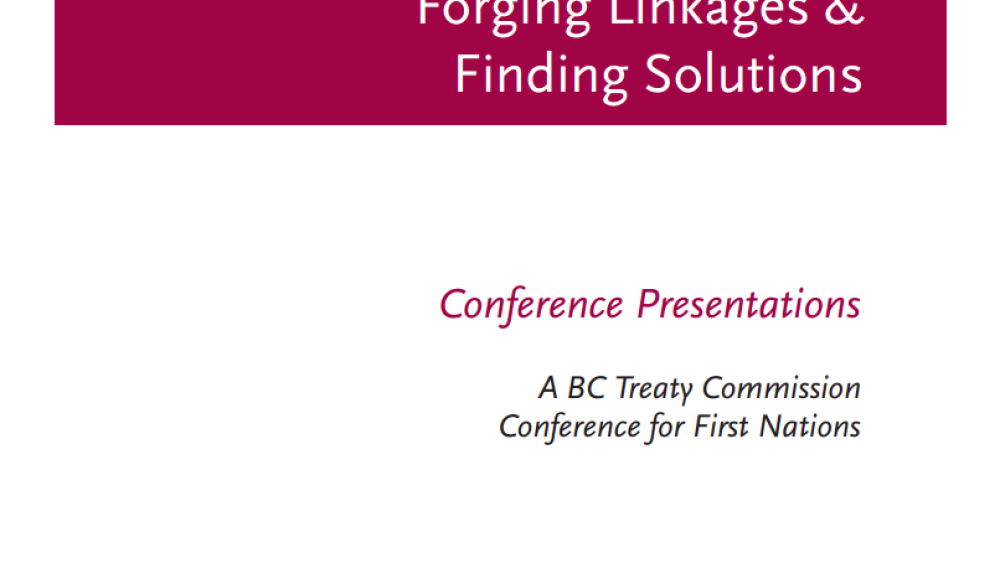
Rights, Governance, and the BC Treaty Process
The keynote address given at the BC Treaty Commission Conference for First Nations that discusses the rights, governance and the BC treaty process. Cornell emphasizes the fact that treating making can be more than a process. It can lead to the phenomenal concept of nation building that is sweeping…
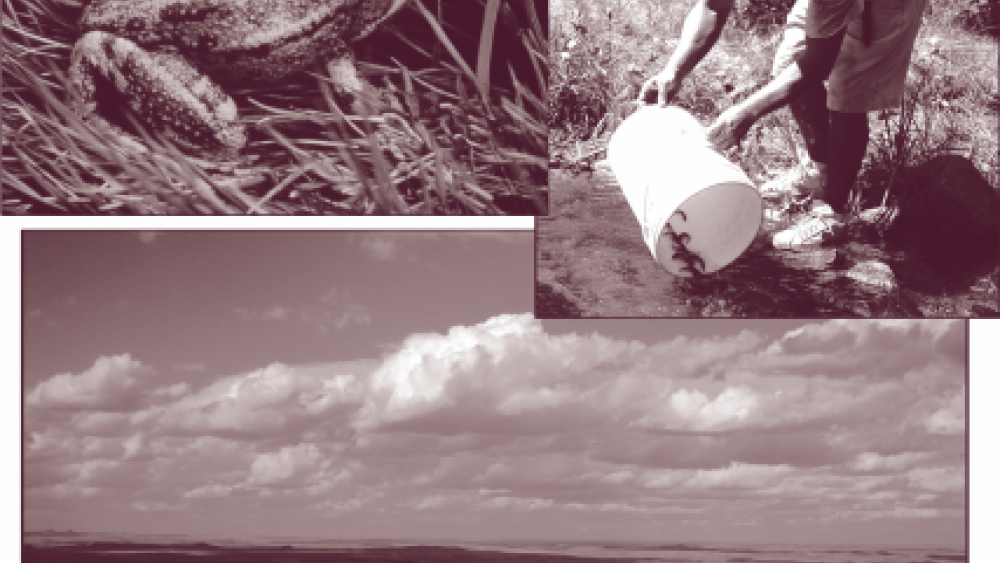
Implementing the Federal Endangered Species Act in Indian Country: The Promise and Reality of Secretarial Order 3206
Reviews the key requirements of the Endangered Species Act, pertinent executive orders, and Department of the Interior Secretarial Order 3206; discusses the differences tribes can make by creating and implementing their own habitat management plants, as alternatives to designation of critical…
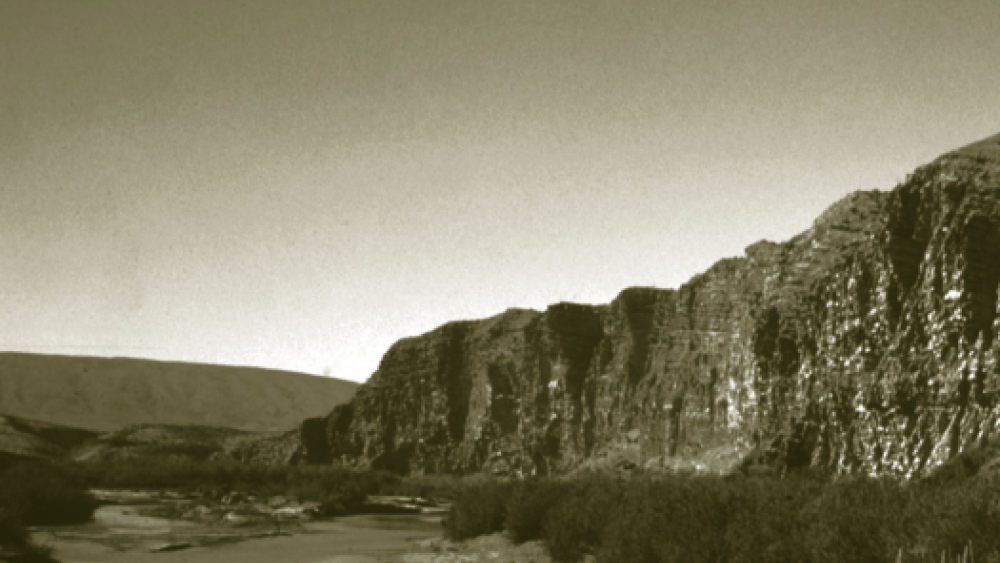
Protecting the Fish and Eating Them, Too: Impacts of the Endangered Species Act on Tribal Water Use
The scarcity of water in the American West and the increased demands for the resource have created much tension of late between tribes, endangered species advocates, and the holders of water rights granted by the states for non-native consumptive uses. The over-allocation of water by state…
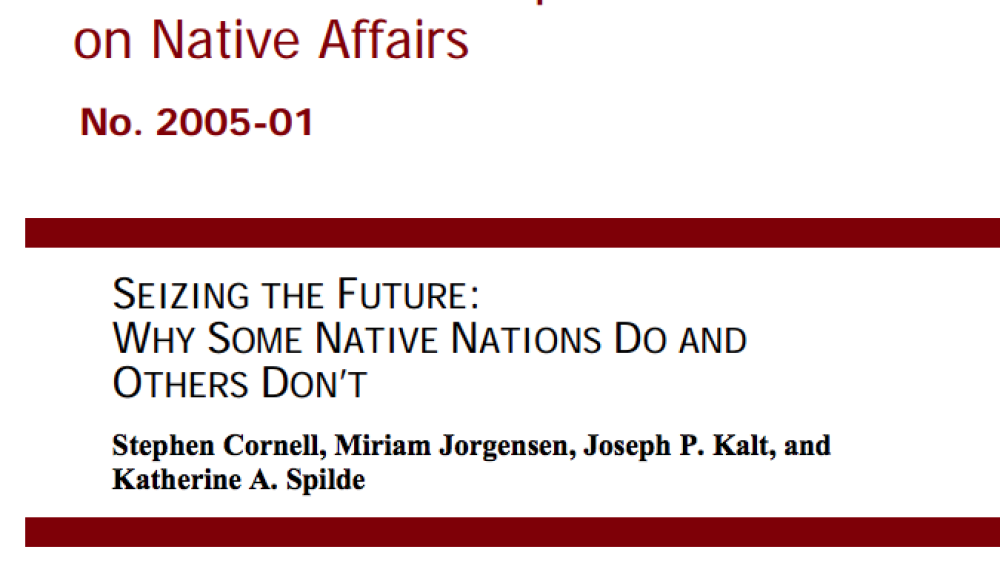
Seizing the Future: Why Some Native Nations Do and Others Don't
Both research and the experience among Native nations daily drive home the conclusion that the so-called "nation-building" approach holds the keys to self-determined social, political, and economic development for indigenous communities. This approach emphasizes the critical role of asserting…
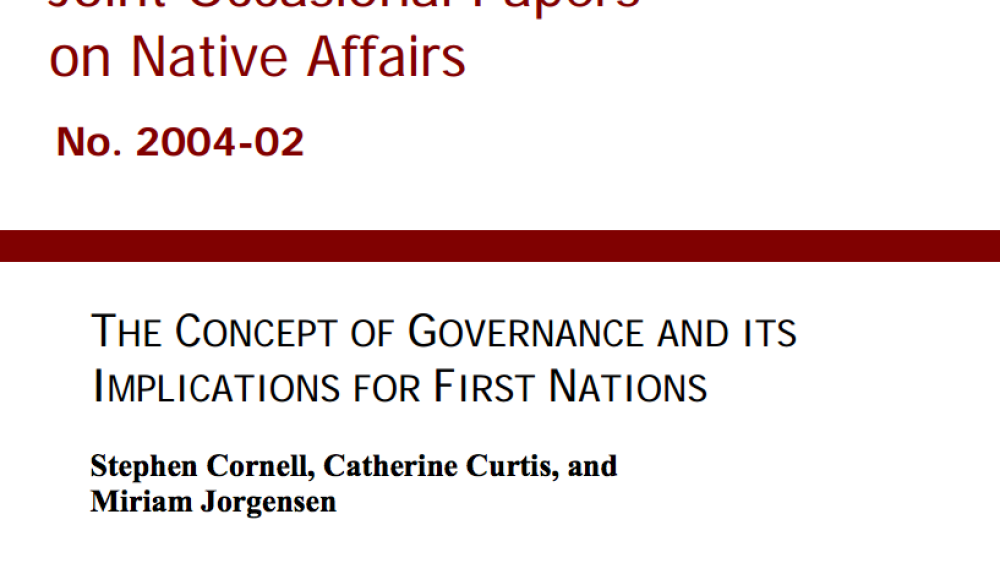
The Concept of Governance and its Implications for First Nations
What is governance? What is government? What does each do? And what distinguishes good governance - or good government - from bad? Why is the quality of governance important to the success of human societies? And what is the significance and meaning of self-governance? And What does effective self-…
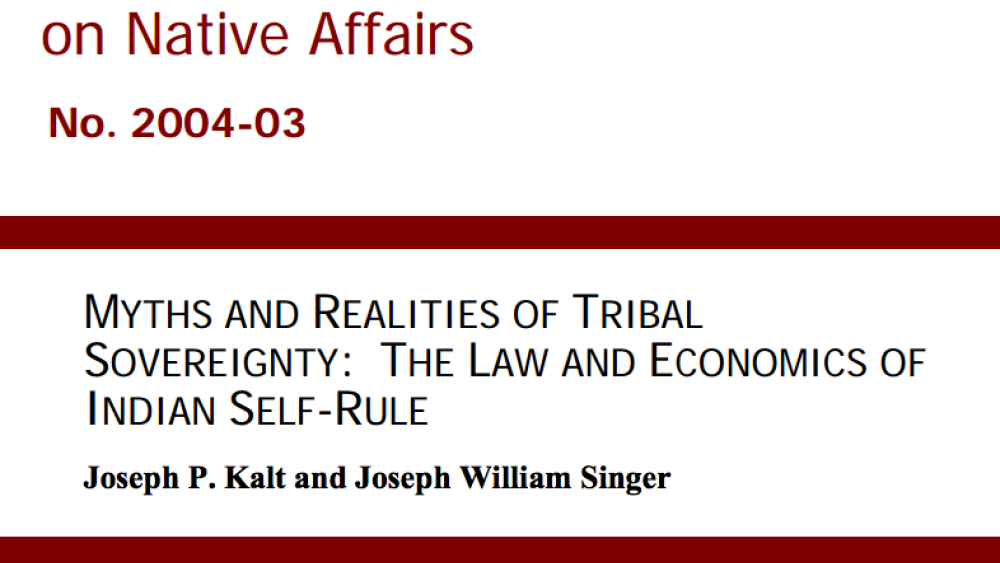
Myths and Realities of Tribal Sovereignty: The Law and Economics of Indian Self-Rule
The last three decades have witnessed a remarkable resurgence of the American Indian nations in the United States. The foundation of this resurgence has been the exercise of self-government (sovereignty) by the more than 560 federally- recognized tribes in the U.S. In this study, we explore legal…
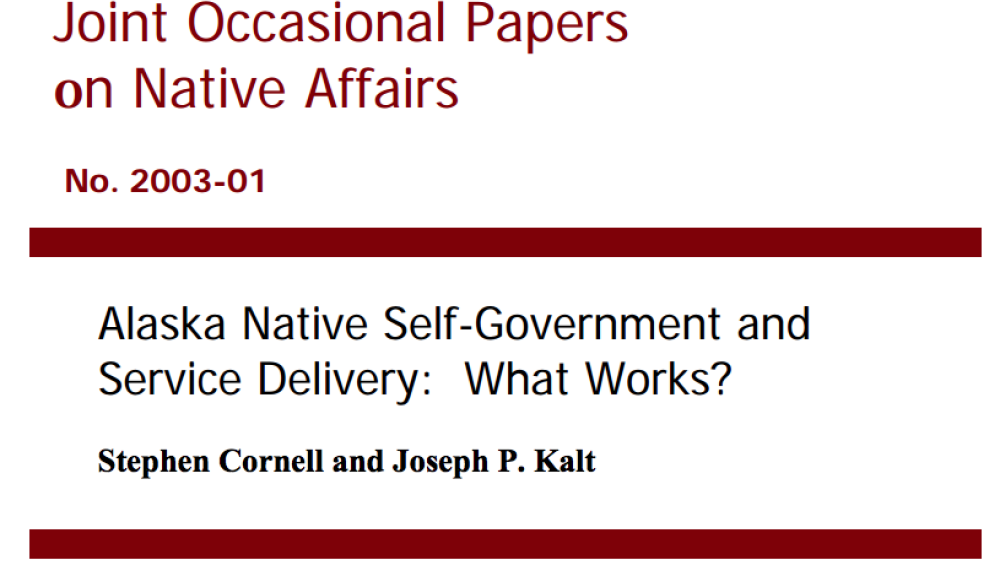
Alaska Native Self-Government and Service Delivery: What Works?
The Native peoples of Alaska have governed themselves for far longer than either the State of Alaska or the United States. Indeed, their rights of self-government are properly defended as basic human rights that are not unilaterally extinguishable by these other governments. Yet, today an…
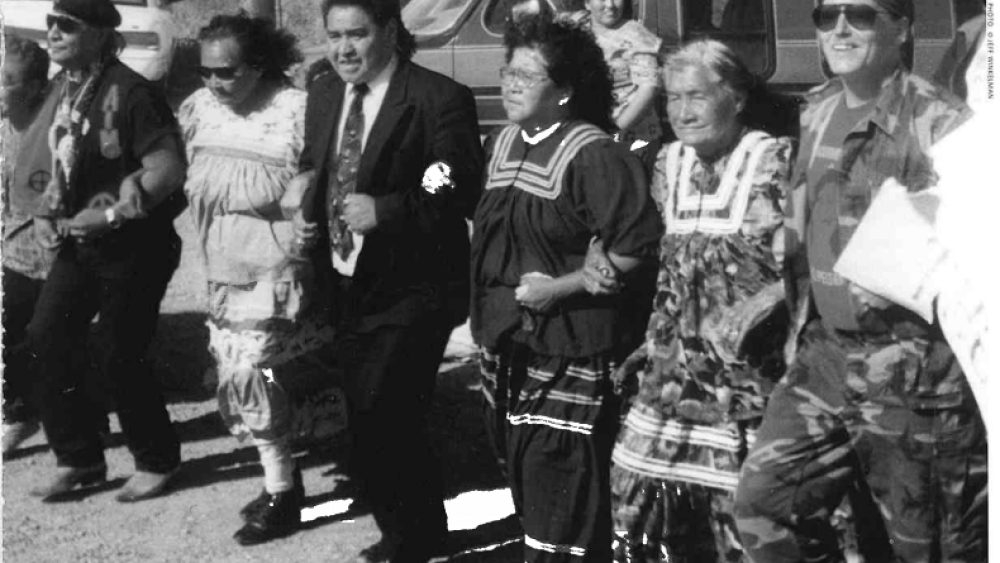
Broken Government: Constitutional Inadequacy Spawns Conflict at San Carlos
This article, published in 1999, examined the governmental conflict taking place at the San Carlos Apache Tribe. It explored the historical constitutional roots of the conflict, specifically the ineffectiveness and culturally inappropriate Indian Reorganization constitution and system of government…
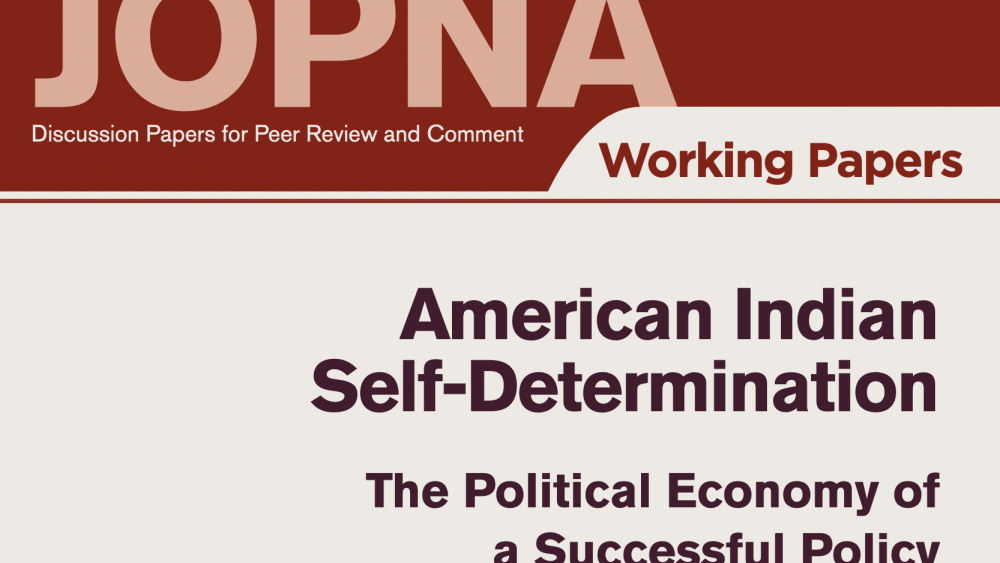
American Indian Self-Determination: The Political Economy of a Successful Policy
Examines the changing level of congressional support for the federal American Indian policy aimed at promoting self-determination, through self-governance of federally recognized tribes.
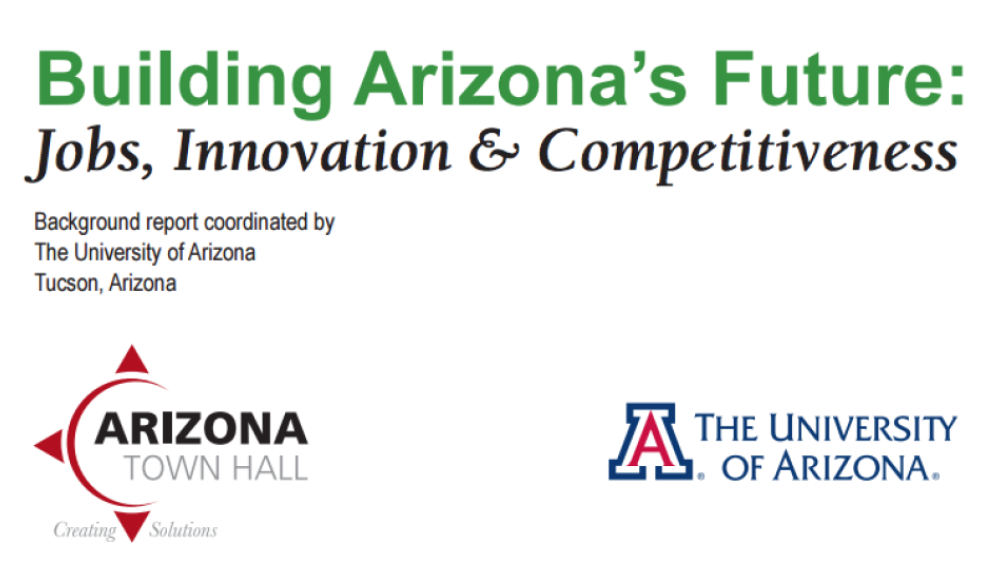
Native Nations and Arizona's Economy
American Indians are disproportionately represented among the low-income residents of the state of Arizona. Across the United States—including in Arizona—reservation economies are growing at a fast pace but low starting points for growth mean that it will take years for American Indian…
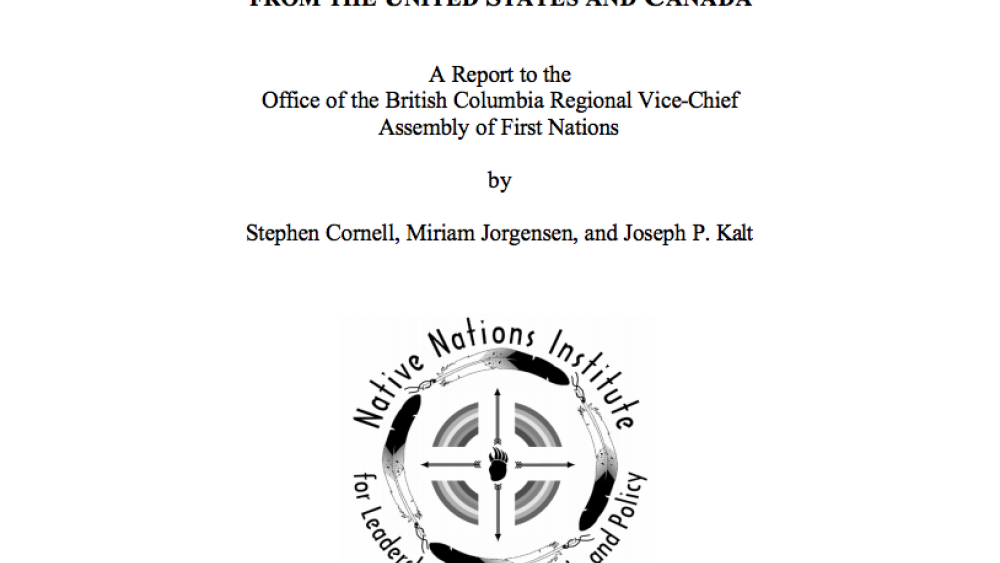
The First Nations Governance Act: Implications of Research Findings from the United States and Canada
In the spring of 2002, the Office of the British Columbia Regional Vice-Chief of the Assembly of First Nations (AFN) asked the Native Nations Institute for Leadership, Management, and Policy at The University of Arizona to provide that office with an analysis of the First Nations Governance Act (…
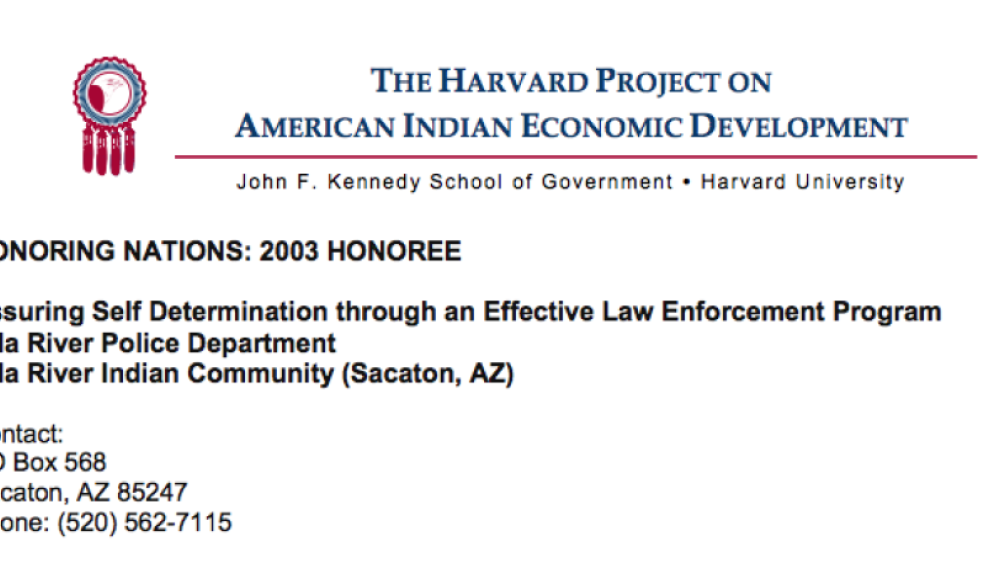
Gila River Law Enforcement Program
Serving a population of 17,000, the 92-employee Gila River Police Department operates a multifaceted law enforcement program that includes community-based policing, neighborhood block watch programs, a citizen’s police academy, and bike patrols. Since assuming control over law enforcement in 1998,…
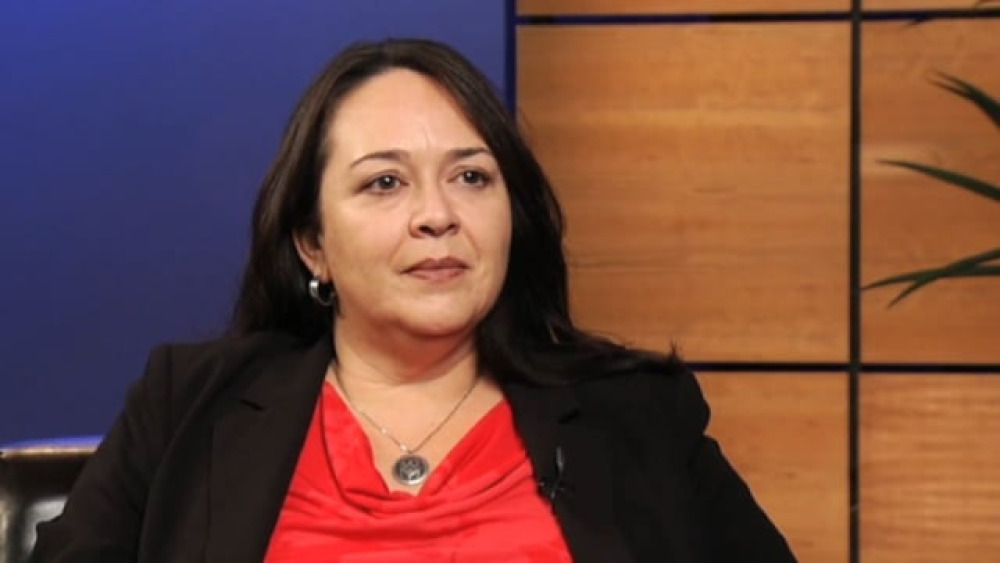
Devon Lomayesva: Making Constitution Reform and Tribal Law Work
Devon Lomayesva, a citizen of the Iipay Nation of Santa Ysabel in California, offers her perspectives on asserting tribal law in a P.L. 280 state. The Iipay Nation of Santa Ysabel underwent a constitutional reform process, and Devon shares her experiences with and perspectives of that process. Her…
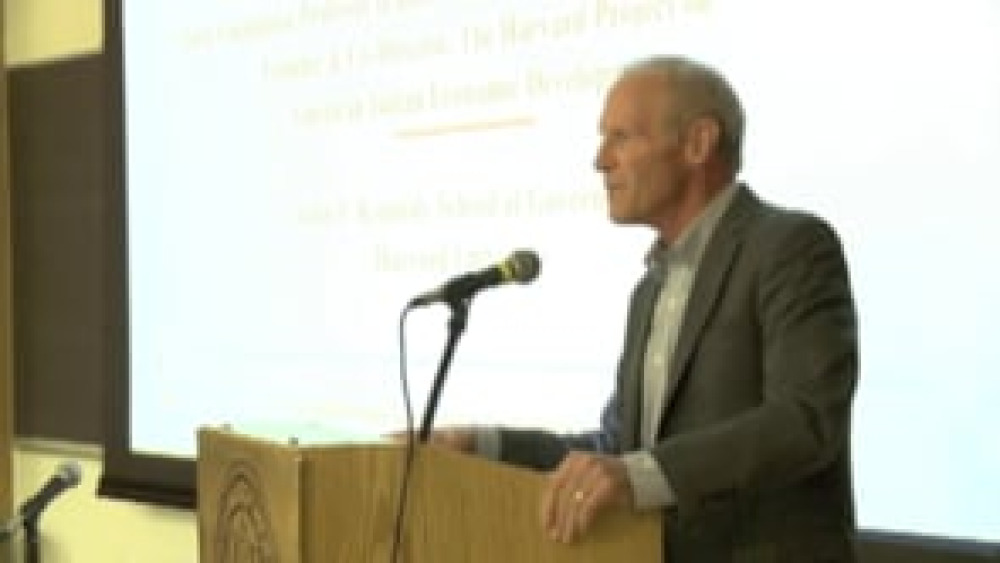
Good Native Governance: Lunchtime Keynote Address
UCLA School of Law "Good Native Governance" conference lunchtime keynote speaker, Joseph P. Kalt discusses research in the areas of good Native governance. This video resource is featured on the Indigenous Governance Database with the permission of the UCLA American Indian Studies Center.
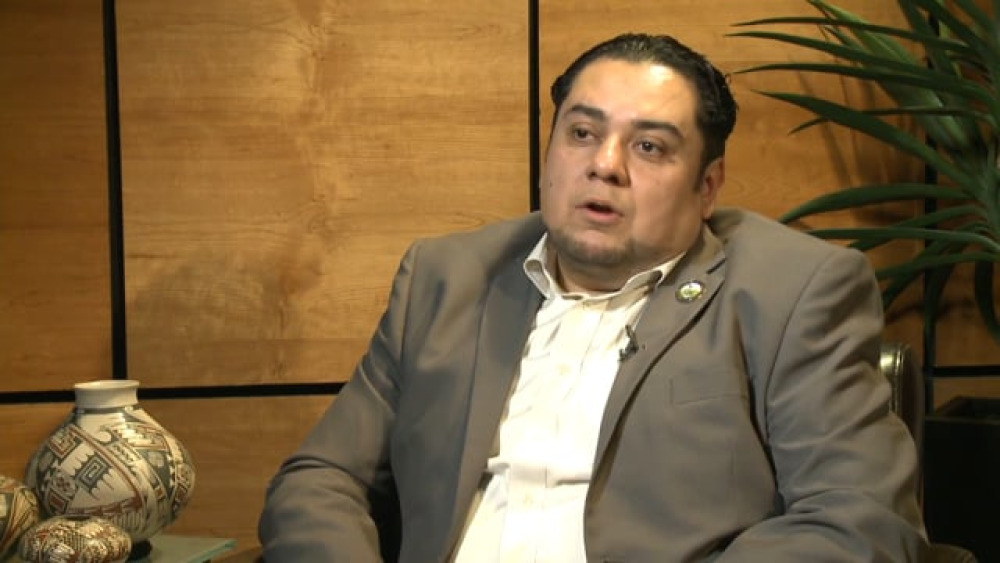
Rudy Ortega, Jr.: Asserting Sovereignty and Self-Governance
Rudy Ortega, Jr., then Vice President and citizen of the Fernandeño Tataviam Band of Mission Indians, shares his experiences leading his community and engaging in Fernandeño Tataviam self-governance in spite of his nation not yet being a state or federally recognized tribal government. Vice…
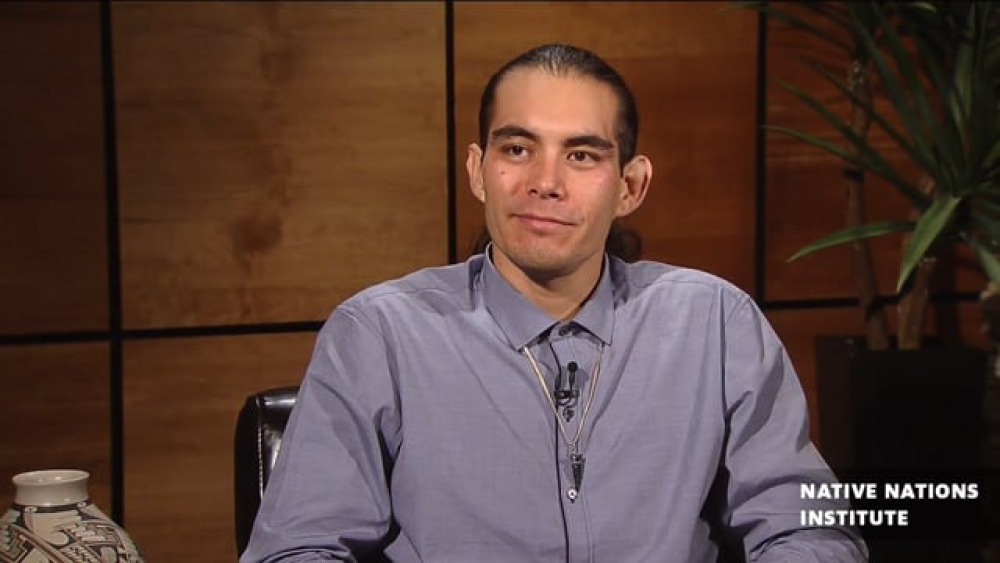
Kristopher Hohag: The Challenge of Governance
Kristopher Hohag, former Vice Chairman of the Bishop Paiute Tribe, recalls his experiences as a young leader participating within tribal government. He provides a brief history of the Bishop Paiute Tribe and recounts the tribe's endeavors to provide a better way of life for the people. Hohag offers…

Eileen Briggs: The Importance of Data and Community Engagement
Eileen Briggs is a citizen of the Cheyenne River Sioux Tribe and is the Executive Director of Cheyenne River Sioux Tribal Ventures. She is also the Principal Investigator on "Cheyenne River Voices Research" — a reservation-wide research project including a household survey of over 800 families that…
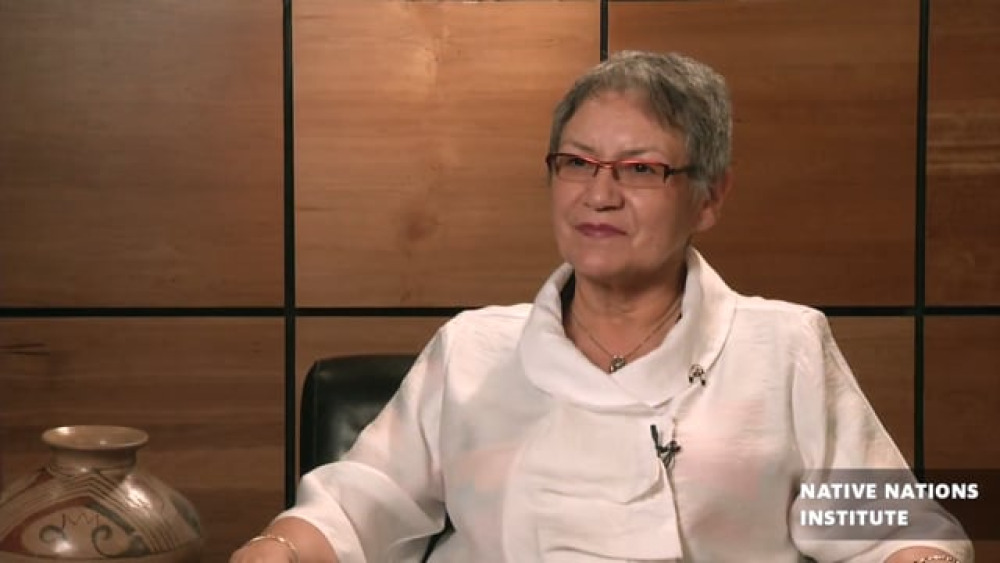
Sophie Pierre: Governance the Ktunaxa Nation Way
Sophie Pierre is a respected native leader that has been at the forefront of building key components and infrastructure for modern self-governance in the Ktunaxa Nation. Her tenure as Chief Commission for the BC Treaty Commission appointed by governments of Canada and British Columbia and the First…
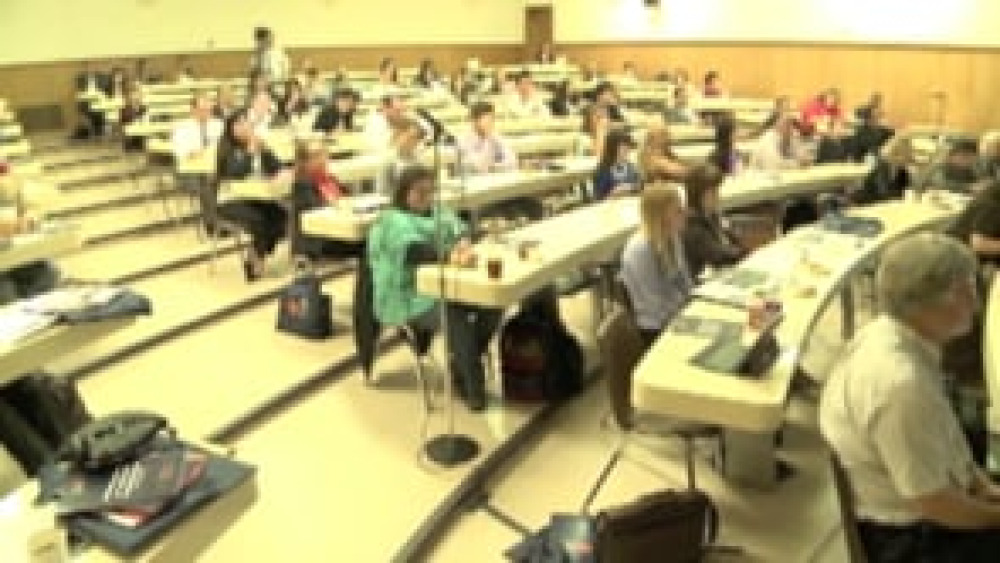
Good Native Governance Plenary 1: Innovations in Law
UCLA School of Law "Good Native Governance" conference presenters, panelists and participants Carole E. Goldberg, Matthew L.M. Fletcher, and Kristen A. Carpenter discuss law and the issues that Native nations deal with. Goldberg explains the recommendations of the Indian Law and Order Commission…
